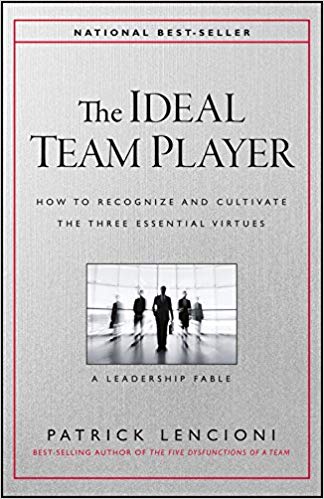
The greatest among you shall be your servant. – Matthew 23:11 ESV
A few years back, a story was recounted in Today in the Word of how during the American Revolution, a man in civilian clothes rode past a group of soldiers repairing a small defensive barrier. Their leader was shouting instructions, but making no attempt to help them. Asked why by the rider, he retorted with great dignity, “Sir, I am a corporal!”
The stranger apologized, dismounted, and proceeded to help the exhausted soldiers. The job done, he turned to the corporal and said, “Mr. Corporal, next time you have a job like this and not enough men to do it, go to your commander-in-chief, and I will come and help you again.” It was none other than George Washington.
Learning the ropes in leadership can be painful. Just like in the above story. And it’s especially hard when attempting to lead others. You can lead by decree or you can lead by example.
There are a few leadership lessons that stand the test of time. They’re simple but yet serve as necessary reminders.
Not everyone with a title is a leader
Having a title means you have a position of authority within the organization. Most likely it conveys that you have some type of leadership potential or qualities. It doesn’t necessarily make you a leader. There’s a big difference between people respecting you because of your title and people respecting you because of your leadership. Understand the difference between the two and strive for the latter.
True leaders let their actions speak louder than their words
The corporal in the story was all about barking orders and telling the others what to do. Washington was about joining the men and completing the job. On your leadership journey, don’t mistake being loud for being competent. A true leader will show you more about leadership by his or her actions than they ever will by their words. Click To Tweet
True leaders are not afraid to get dirty
The corporal was content to watch his men work. Washington was all about working alongside them. A servant leader will get down in the trenches with his or her people and help get the job done. The person more concerned about the title will simply be a spectator. Click To Tweet If you desire to be a leader, you can’t be afraid to get your hands dirty.
True leaders are servant leaders
Washington didn’t pull rank with the corporal. He simply got off his horse and helped the men finish the job. He led by example and the sweat of his brow.
What will define your leadership is not found in the things that you do to make your life easier. It’s when you serve others and walk in humility. Click To TweetPerhaps by now, many of you have seen the photo of Bill Gates standing in line at a Dick’s Drive-In in Seattle.

The picture captivated millions around the world. Here’s the leader of Microsoft- the second richest man in the world, and he is quietly and patiently waits his turn in line. No special privileges, no airs about him, just being a regular guy waiting to order a burger and giving a powerful lesson in leadership all at the same time.
So often, the greatest impact you can make as a leader is not when you are being loud and obnoxious or when you are pulling rank, but with quiet strength, you are willing to get off your high horse and lead by example.
©2019 Doug Dickerson











